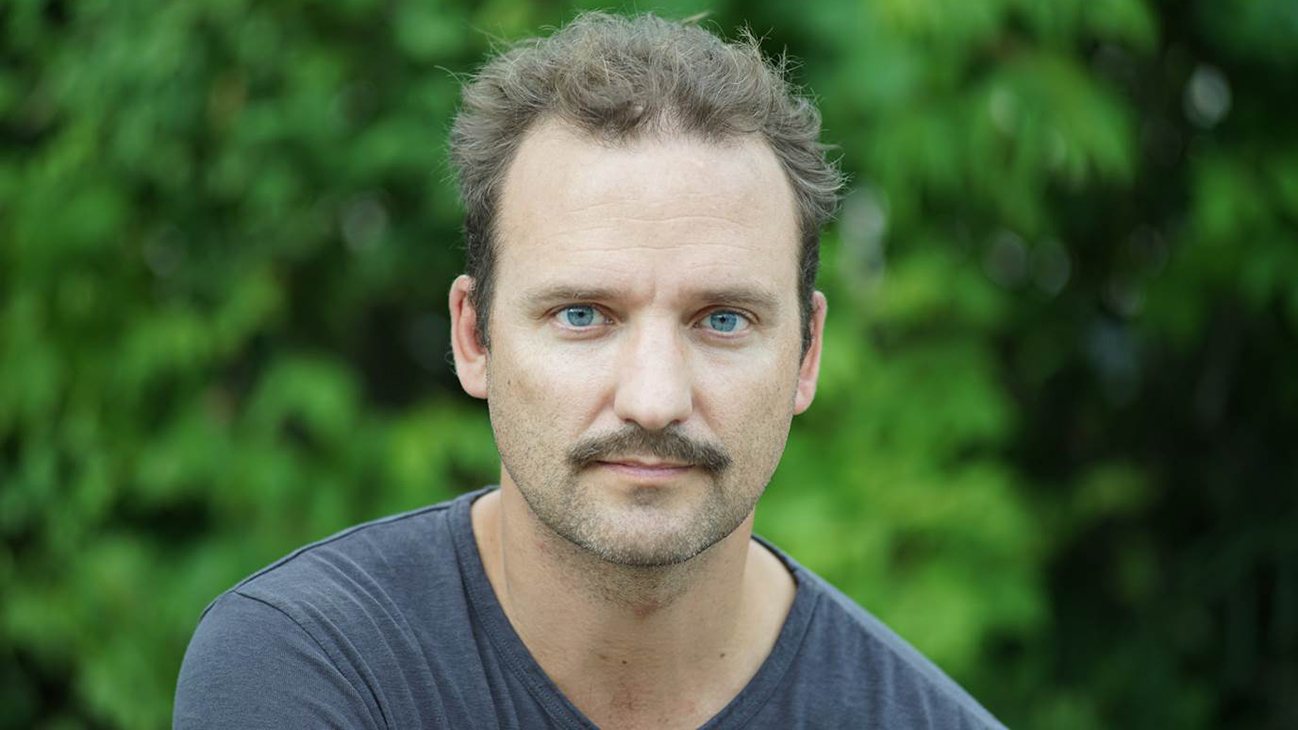Documentary filmmaker and acclaimed freelance journalist Alexandre Trudeau premiered his latest film — and first work of fiction — Wiisgaapte on CBC. Told completely in Ojibwe, Alexandre collaborated with Shirley Williams, an elder at Trent University, to translate his script and coach the actors in this Indigenous language.
Alexandre, the son of Pierre and Margaret Trudeau, is a well-known storyteller who has produced and directed many compelling and provocative films, while also reporting from all corners of the world as a freelance journalist.
His new short film is based on the legend of the Windigo, a recurring story in Ojibwe, Algonquin, and other Indigenous cultures. Alexandre’s version sees the Windigo take on the form of a loved one who has transformed into a predatory monster, making it feel like a condensed horror movie. He recommends you watch it in the dark!
Alexandre recently spoke to the Toronto Star, about Wiisgaapte, the Windigo legend, and his thoughts on reconciliation, identity, and the importance of story.
Where did this project come from?
I’ve always known about the Windigo. It’s just one of these interesting facts of early Canadian life. I was really interested that the legend has manifestations. Though the canon of Windigo legends is certainly from the Ojibwe people, there are versions of it — and very different versions of it, actually — from all over the country, including the Athabaskan peoples of the Northwest. So that sort of struck me, and raises the hypothesis that this is really deeply connected to the land, to the nature of life in boreal forests and northern Canada, and the nature of winter as well.
What sort of resonance does it have for Canada now? Is there a lesson in the Windigo story?
What’s interesting to me is that we are in a very comfortable society. We take for granted the food supply, for instance. And the truth is, all that is precarious. Looking back we realize what life used to be. I think it’s a good lesson. I think Canadians are disconnected from their past. And I think the Indigenous past is relevant to all Canadians, because it’s so deeply connected to the territory and the land, the forest. I grew up spending a lot of time in the forest in winter. My father was an avid snowshoer, really had a great appreciation for trapping and snowshoeing and trying to understand how the land can support people. These are things that are so abstract to us now. And I think they’re not just interesting, but they’re kind of important to being responsible environmentally … Looking at how deeply connected we used to be to the environment, and everything that involved, the risks and all the rest, is kind of an important reflection, I think, for modern Canadians.
There’s been so much discussion in recent years about cultural appropriation. Was that a consideration in telling this story? How did you navigate that?
I think I understand the context of cultural appropriation. It really is mapping onto what was real appropriation and real efforts of assimilation. Taking away territory, taking away the ability to live in a traditional manner, and all the rest, which is part of the cataclysm that hit Canadian and North American Indigenous peoples after the arrival of European settlers. And I understand the history of 20th century cinema about Indigenous Canadians or Indigenous North Americans often portrayed them in a very colonial light. They were the outsiders, they were the enemies. They were seen as the prototypical “other.”
I think that all fiction writers and actors and filmmakers, one of the things that motivates us to create is the ability to be what we’re not… Ultimately, I understand the sensitivity, which is a historical one, to having people frame First Nations in an alienating manner, and it remains very delicate for anyone who wants to tell these stories.
But we need to tell stories. We tell each other’s stories — it’s how we learn about each other. I really believe in that.
Most people have very little, if any, conception of the pre-settler history of Canada. At a moment where there is a push for reconciliation, is there something like a political obligation for people to get to know these types of stories, these types of legends?
I think reconciliation is more than just accepting what was done wrong in the past … It’s not just looking back. It’s understanding that, not only is Canada a better place, Canada just isn’t a place without an important role for these stories, for us all — for non-Indigenous Canadians — and understanding the narratives of this territory and seeing how they’re a part of us. Being here, these stories matter to us all… Canada is an Indigenous nation.
Alexandre Trudeau was a trusted witness on the ground as the bombs began to fall on Baghdad in 2003; he charted the intimate realities on both sides of the Israeli security barrier; he stood up for the rights of imprisoned security certificate detainees in Canada; he shed light on the origins of unrest in Darfur, Liberia, and Haiti; and he deconstructed the Canadian peace-keeping legacy fifty years after Pearson’s Nobel.
Having gained widespread recognition for his edgy and insightful humanism and for his brave iconoclasm and fierce dedication to social justice, Alexandre doesn’t fit into any boxes and never fails to surprise, provoke, and inspire
Interested in learning more about Alexandre and what he can bring to your next event? Email us at [email protected].

